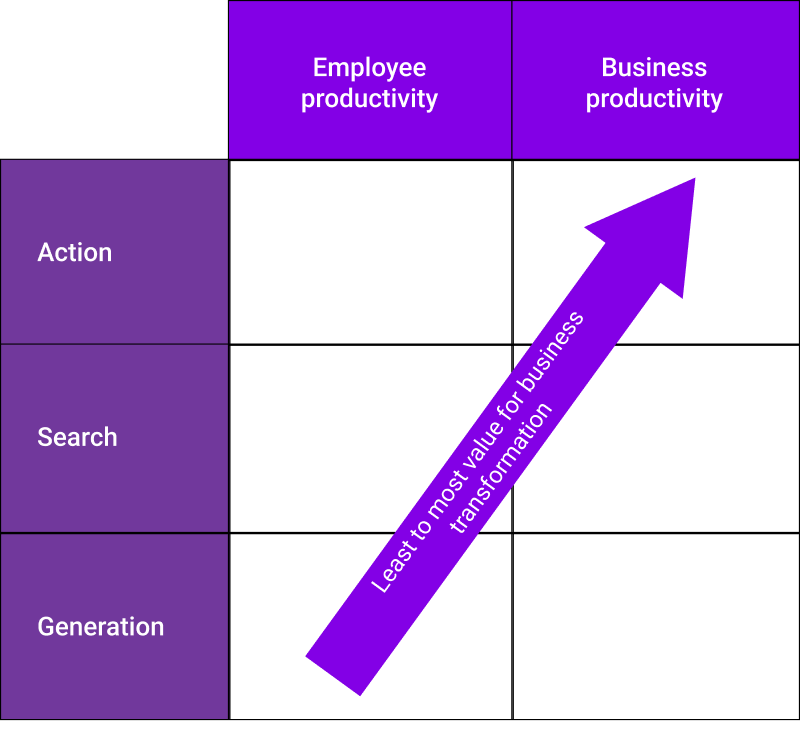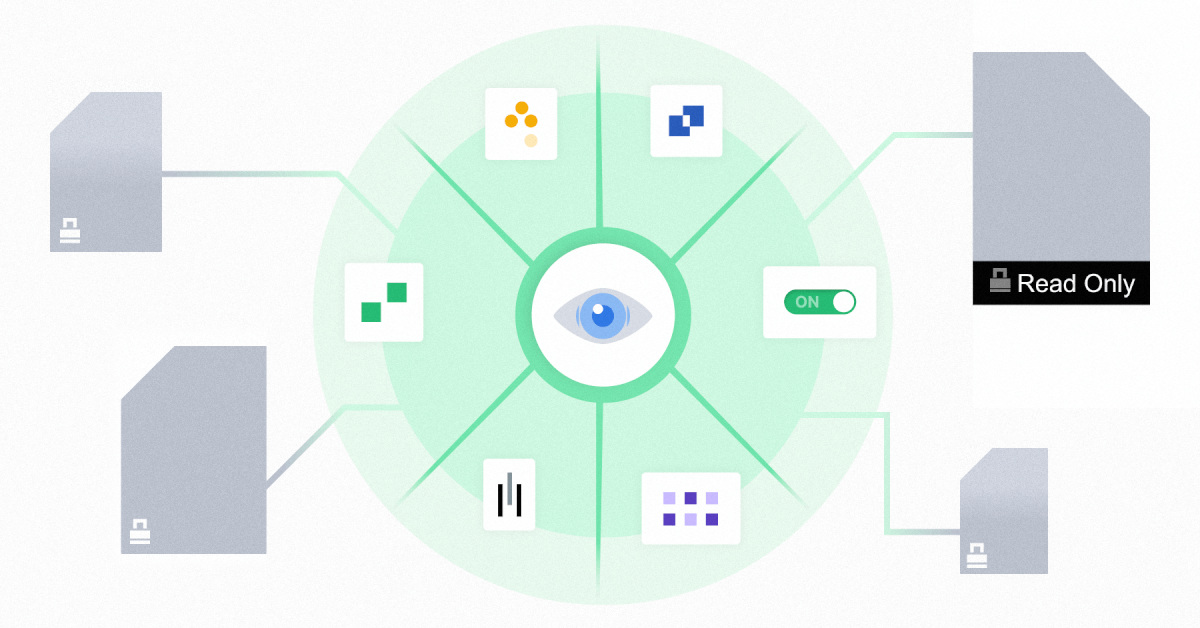Excellent Info To Selecting An AI Agent Site For Business
Excellent Info To Selecting An AI Agent Site For Business
Blog Article
Ten Ways That Ai Agents Can Improve The Efficiency Of Financial Operations With Ar
Here are ten ways that businesses can use AI agents to enhance the performance of Accounts Receivable (AR) in financial processes:
1. Automated invoice generation and delivery
AI agents streamline invoices by:
Automatically generate invoices on the basis of orders, contracts or completed milestones.
The delivery of invoices is done via preferred channels for customers for example, email.
2. Intelligent Payment Reminders
AI enhances collection efforts by:
Customized payment reminders sent out based upon customer behavior.
Use strategic timing to ensure that payments are made on time.
3. Predictive Analysis of Payment Behavior
AI analyzes customer data to:
The amount that customers will pay for is a reliable predictor.
Mark the accounts that could be late in paying for active monitoring.
4. Real-Time Credit Risk Assessment
AI reduces credit risks through:
Creditworthiness is assessed in real-time.
Suggesting credit limit and payment terms based upon the financial history and trends.
5. Automated Cash Application
AI speeds up the processing of payments by:
Automatically matching payments with bills, even in the case of discrepancies.
It reduces the manual effort required for reconciliation of cash.
6. Enhanced Dispute Resolution
AI assists in the quick resolution of AR disputes through:
Recognizing discrepancies in payment or invoices.
Automating the process of collecting and processing supporting documents for faster resolution.
7. Dynamic Aging Reports
AI offers actionable AR insight by:
The reporting of accounts that are overdue aging in real-time.
Highlighting collections that are a high priority for the AR team.
8. Dunning Strategies Optimized
AI customizes follow-up processes by:
Implementing a tiered method of escalation when accounts are overdue.
The adjustment of tone and frequency according to patterns of customer responses.
9. Fraud Detection in Payments
AI can identify anomalies by:
Detecting unusual payment behaviors like overpayments or suspicious account activities.
Consider flagging fraud to be further investigated.
10. Integration into Financial Systems
AI guarantees a smooth data flow by:
The process of synchronizing AR data with ERP, CRM, as well as accounting software.
One source to get the information about balances on customer accounts, and payments.
AI agents assist companies to enhance their financial health and cash flow by automatizing AR processes and enhancing the efficiency of these processes. See the most popular AI agent for Instruction Delivery for site recommendations including AI agent for lead data enrichment, AI agent for finance, AI agent for payroll, AI agent for access log monitoring, AI agent for credit management, AI agent for expense reporting, AI agent for knowledge base management, AI agent for customer feedback sentiment analysis, AI agent for chargeback handling, AI agent for treasury operations and more.
Ai Agents Can Be Used To Seamlessly Connect Existing Systems In The Help Of 10 Different Methods.
These 10 suggestions will aid you in integrating AI agents seamlessly into your financial processes.
1. Automated Data Synchronization across Systems
AI agents are able to be used to ensure that data flows are smooth through:
Automatically the synchronization of data between CRM, ERP accounting, banking and ERP systems.
Reduced manual data input and consistency across all platforms.
2. Real-Time Transaction Processing
AI agents are able to enable real-time processing through:
Integrating with banks, payment platforms and financial platforms to facilitate immediate transaction processing.
Change financial records immediately and on multiple platforms, making sure they are always current.
3. Cross-System Reconciliation
AI agents are able reconcile financial information across different systems.
Automatically matching transactions in ERP, accounting, and payments platforms.
Automatically identifying discrepancies and repairing them.
4. Unified Reporting and Dashboards
AI agents can create an unified report by:
A single dashboard that aggregates information from various financial systems.
Accurate and timely financial data as well as performance metrics which can be used to make informed decisions.
5. The seamless integration of APIs
AI can be integrated with existing systems using APIs through:
Application Programming Interfaces, or APIs, provide a means to incorporate AI agents with existing software.
AI agents can seamlessly push, retrieve and analyze data.
6. Automation of workflows between platforms
AI agents can automatize workflows
Automating processes such as invoice making, approvals, payment, and integration of systems.
The reduction of manual intervention is a way to improve the efficiency of the financial sector.
7. Intelligent Document Management
AI can be used to manage documents in many systems.
Utilizing Optical Character Recognition to extract information from invoices, receipts and contracts.
Uploading data automatically to appropriate systems (e.g. Accounting software, Document Management Systems) to store, access and storage.
8. AI-Driven Customer Relationship Management
AI is able to be integrated with CRM systems for:
Financial systems analyze data about customers and give them personalized recommendations or products.
AI-driven updates to customer data include transaction history, payment behavior, and more.
9. Fraud Detection Across Financial Systems
AI enhances fraud detection by:
Analysing the transaction data from integrated financial platforms continuously to detect irregularities.
Alerting stakeholders to potential fraud across all systems.
10. Integration of Predictive Analytics
AI is integrated with Financial Forecasting Tools:
Predicting the flow of cash, revenue and expenses by analysing information from accounting systems, sales and payment systems.
The feeding of these predictive data into financial planning systems to allow more accurate forecasting and budgeting.
By leveraging AI agents to seamlessly integrate with financial systems that are already in place, businesses can enhance the efficiency of their operations, improve efficiency, speed up workflows and make data-driven decisions faster and more efficiently. Have a look at the pro AI agent for Access Control Management for website tips including AI agent for feedback request notifications, AI agent for contract renewal notifications, AI agent for lead data enrichment, AI agent for customer account management, AI agent for regulatory reporting, AI agent for patent filing preparation, AI agent for asset management, AI agent for emAIl campAIgn personalization, AI agent for content development, AI agent for accounts payable management and more.
Ai Agents: 10 Ways Business Can Utilize Ai Agents To Ensure Compliance And Regulations
Here are 10 ways AI agents can help businesses comply with financial regulations.
1. Automating Regulatory Reporting
AI agents can streamline the reporting process by:
Automatically generate compliance reports required by regulators (e.g. SEC reports, tax reports or financial disclosures).
By submitting all necessary documents in time, you minimize the chance of incurring fines if they are late or are not in conformity.
2. Monitoring Transactions in Real Time
AI can help ensure compliance with anti-money laundering regulations (AML) and also help you to know Your Customer (KYC) via:
Continuously monitoring financial transactions to detect suspicious behaviour.
The flagging of transactions that could be not in compliance with the rules like large or irregular payments or cross-border transactions requiring extra investigation.
3. Automated Audits and Data Validation
AI agents assist in audits by:
Automated checks are conducted to ensure that the transactions and financial records conform to internal policies and rules.
Verify the completeness and accuracy of the data and look to any discrepancies or errors that could cause problems with compliance.
4. Maintaining Data Security and Privacy
AI can help meet data protection regulations (e.g., GDPR) by:
Encrypting sensitive customer and transaction information to ensure that it is secure when stored and transferred.
Control consent preferences in a way that is automated, and ensure personal data is only used in accordance with the law.
5. AI-Powered Fraud Detection
AI assists in preventing fraud:
The analysis of transaction patterns to identify anomalies, fraud, or other fraudulent activities that might violate financial regulations.
Using machine learning algorithms to predict and identify potential fraud risk, and help limit any violations of financial or legal regulations.
6. Changes to the Regulatory Framework Detection
AI can assist businesses in staying current through:
Check the changes to regulations affecting financial institutions, such as tax laws.
Upgrade your internal systems to keep up with the regulatory changes.
7. KYC Compliance (Know Your Customer KYC Compliance (Know Your Customer Know Your Customer)
AI helps in compliance by:
Automating customer identification and verification procedure to make sure that businesses adhere KYC rules.
Comparing the behavior of customers with known risk profiles can help detect money laundering.
8. Risk Management and Evaluation
AI increases compliance through:
Continuously analysing compliance risks and forecasting them by analyzing financial transactions and historical data.
Recommending measures to minimize the risks identified and ensure compliance to regulatory frameworks.
9. Document and Contract Analyses
AI increases compliance by enhancing compliance in the following ways:
The use of natural language processing for the study of agreements, contracts, and legal documents.
Businesses can avoid legal issues by automatically flagging clauses or terms that may conflict with the law.
10. Tax Compliance Technology
AI helps tax compliance by:
Automating tax calculations and filing will ensure that firms are in compliance with tax laws and also meet deadlines.
Examining transaction data to find deductions, exemptions, as well as other tax-related opportunities, while making sure that you avoid mistakes that could result in penalties.
AI agents can help companies remain in compliance to regulations and decrease the chances of committing errors. AI's capacity to automate, track and adapt to evolving needs can be a useful instrument for ensuring compliance with regulations for financial operations. Check out the top rated AI agent for Quality Monitoring for more tips including AI agent for contracts, AI agent for customer feedback collection, AI agent for profile update notifications, AI agent for expense management, AI agent for complAInt tracking, AI agent for purchase order management, AI agent for customer credits, AI agent for legal compliance, AI agent for supplier consolidation, AI agent for service level agreement monitoring and more.